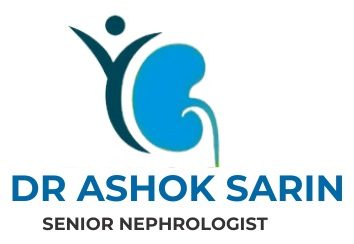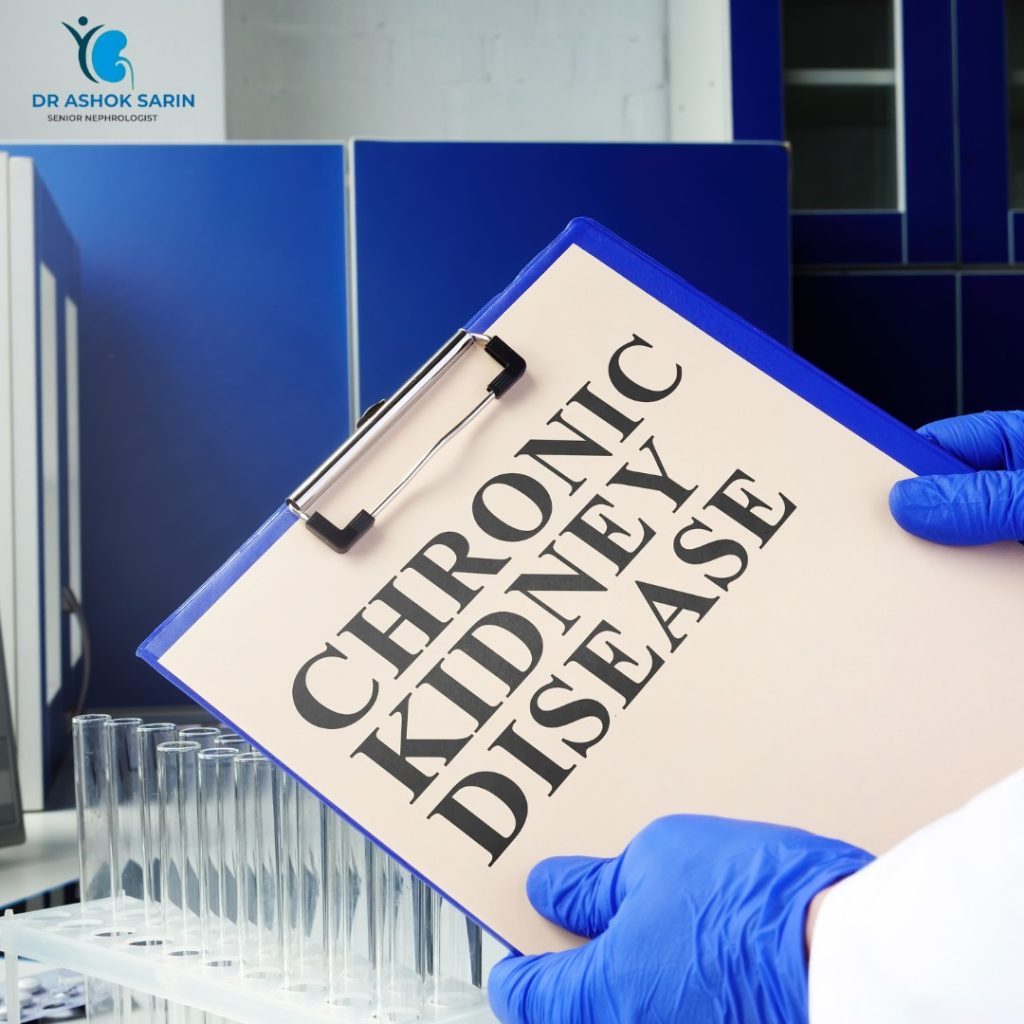Understanding Chronic Kidney Disease (CKD): Early Signs and Prevention
Understanding Chronic Kidney Disease (CKD): Early Signs and Prevention
Chronic Kidney Disease (CKD) is a gradual loss of kidney function over time. Often called a “silent” disease, CKD may not show symptoms until it has significantly progressed. However, early detection and proactive management can slow its progression and help maintain kidney function.
What is Chronic Kidney Disease?
CKD occurs when your kidneys are damaged and can’t filter blood as efficiently as they should. This can lead to a build-up of waste and fluids in your body, causing various health problems. CKD is classified into five stages, with Stage 1 being the mildest and Stage 5 being the most severe, often requiring dialysis or a kidney transplant.
Early Signs of CKD
Early detection of CKD is crucial, but the symptoms can be subtle and easily overlooked. Here are some of the early signs to watch for:
1. Fatigue: Feeling unusually tired or having less energy than usual can be an early sign, as the kidneys fail to filter toxins properly, which can build up in the blood and cause fatigue.
2. Swelling (Edema): The kidneys help balance fluids in the body. When they’re not functioning well, you might notice swelling in your legs, ankles, feet, or hands due to fluid retention.
3. Changes in Urination:
Increased or Decreased Urine Output: You might notice you’re urinating more frequently, particularly at night, or that your urine output has decreased.
Foamy Urine: Excess protein in your urine can cause it to appear foamy or bubbly.
Blood in Urine: While rare in early stages, blood in the urine can be a sign of kidney issues.
4. High Blood Pressure: CKD can cause high blood pressure, and high blood pressure can also damage your kidneys, creating a vicious cycle.
5. Muscle Cramps: Electrolyte imbalances caused by poor kidney function can lead to muscle cramps, particularly in the legs.
6. Nausea and Vomiting: As waste builds up in the blood (a condition known as uremia), you may experience nausea or vomiting, especially in the later stages of CKD.
7. Difficulty Concentrating: Accumulation of toxins in the blood can affect brain function, leading to difficulty concentrating or memory issues.
Prevention of CKD
Preventing CKD involves managing risk factors and adopting a kidney-friendly lifestyle. Here are some steps you can take to protect your kidneys:
1. Manage Underlying Conditions:
Control Blood Pressure: High blood pressure is a major risk factor for CKD. Regular monitoring and management through diet, exercise, and medication are essential.
Manage Diabetes: Keeping blood sugar levels within the target range can prevent or slow the progression of CKD in people with diabetes.
2. Adopt a Healthy Diet:
Reduce Sodium Intake: Too much salt can raise blood pressure, so aim for a low-sodium diet.
Limit Protein: While protein is essential, too much can strain the kidneys. Opt for plant-based proteins or lean meats in moderate amounts.
Stay Hydrated: Drinking plenty of water helps your kidneys clear toxins from your blood.
3. Regular Exercise:
Physical activity helps control blood pressure, reduce stress, and maintain a healthy weight, all of which contribute to kidney health.
4. Avoid Smoking and Limit Alcohol:
Smoking can reduce blood flow to the kidneys, worsening kidney function. Alcohol, particularly in excess, can also harm the kidneys over time.
5. Regular Check-Ups:
If you have risk factors for CKD, such as diabetes, high blood pressure, or a family history of kidney disease, regular kidney function tests are important. Early detection through blood and urine tests can catch CKD in its early stages, making it easier to manage.
6. Medications:
Be cautious with over-the-counter pain medications like NSAIDs (ibuprofen, naproxen), which can harm the kidneys if taken frequently.
Conclusion
Chronic Kidney Disease is a serious health condition that often progresses without noticeable symptoms in its early stages. However, by recognizing the early signs and taking preventive measures, you can significantly reduce the risk of CKD or slow its progression. Regular monitoring, a healthy lifestyle, and proactive management of underlying conditions are key to maintaining kidney health. If you have any concerns about your kidney function, consult your healthcare provider for advice and appropriate screening.
Taking these steps now can help protect your kidneys and ensure they continue to function well for years to come.

